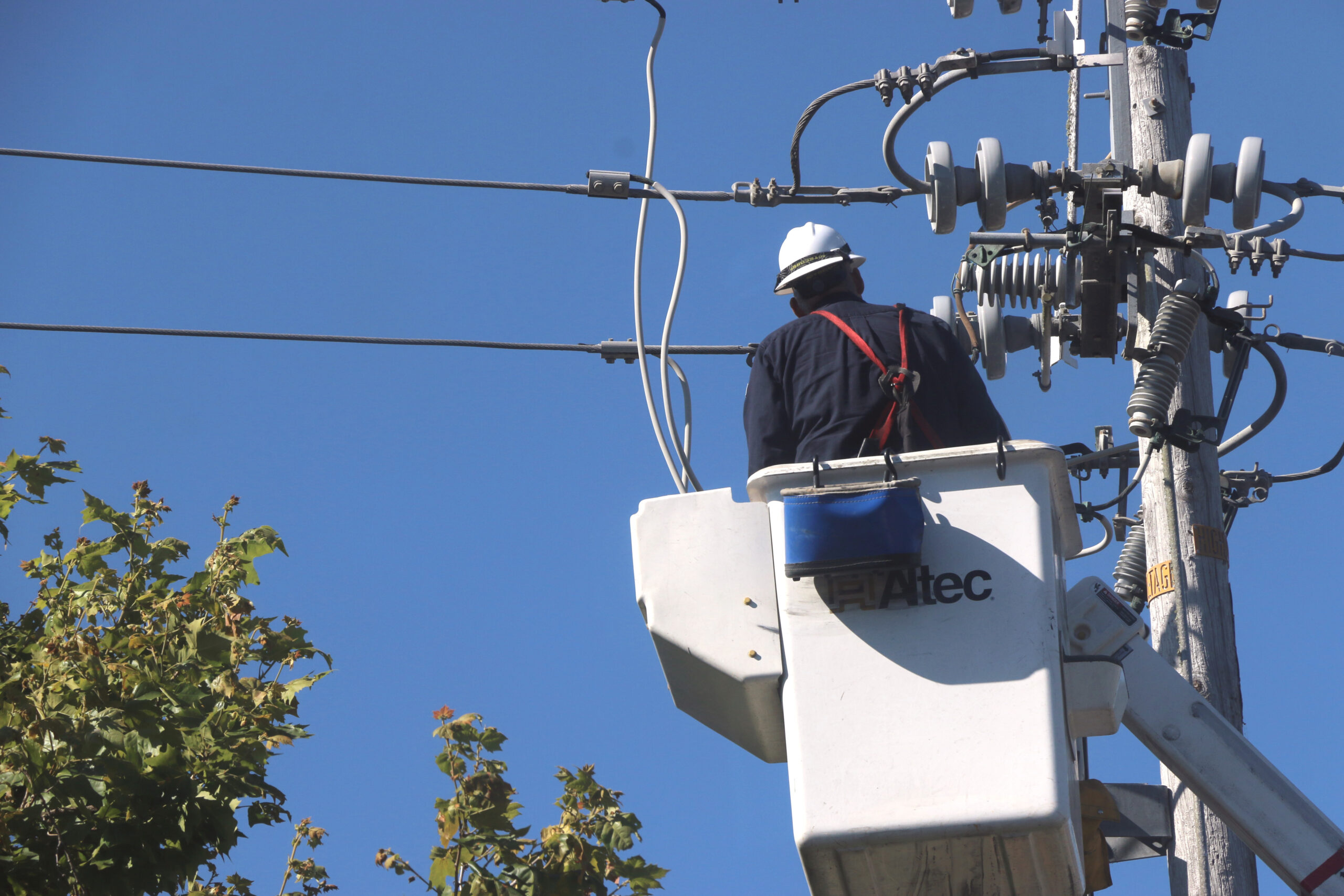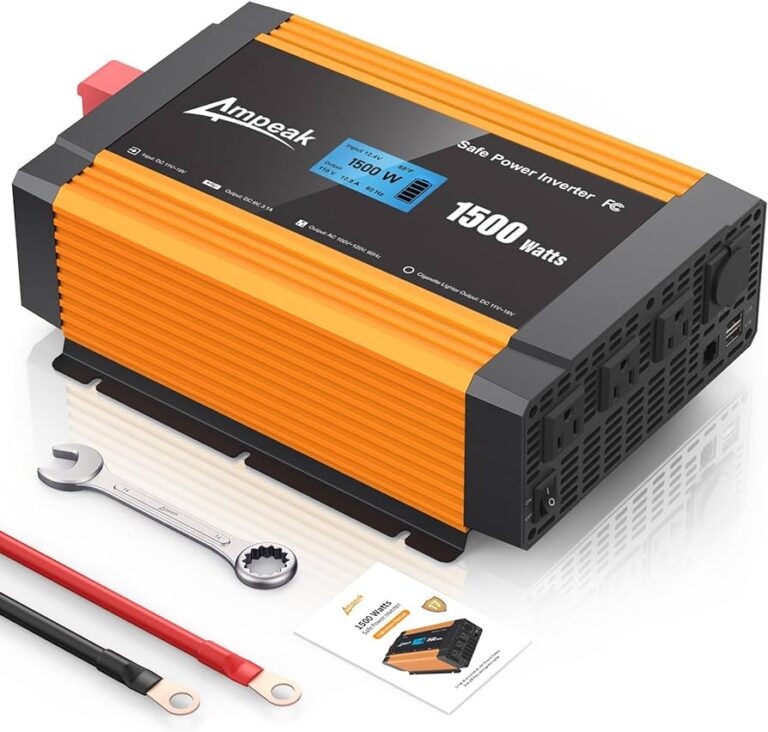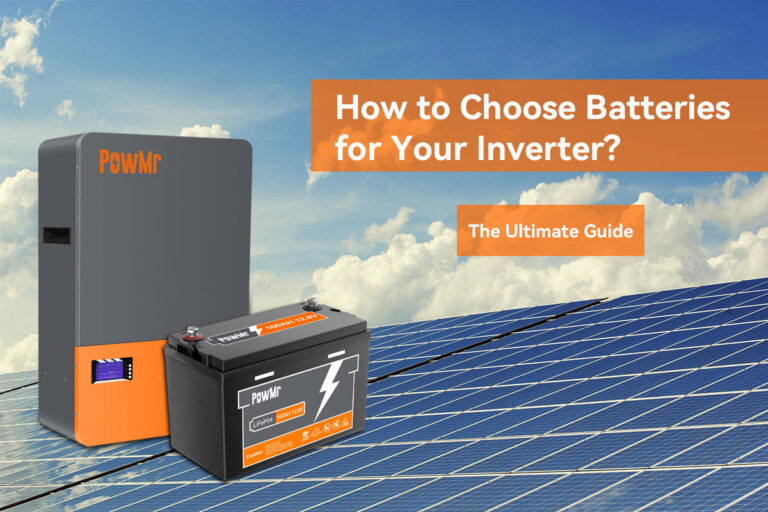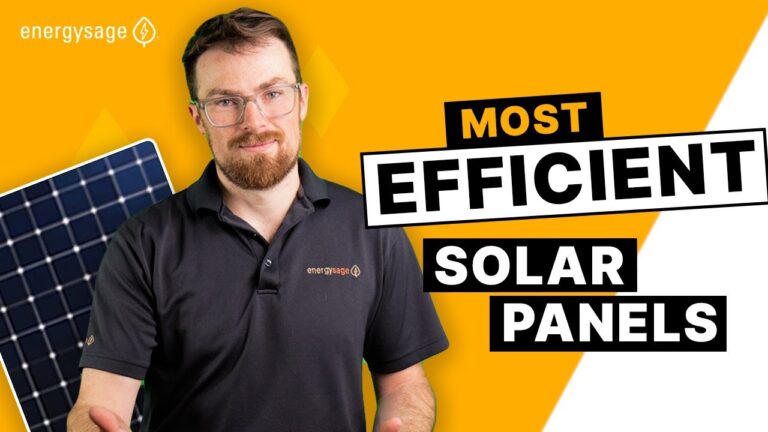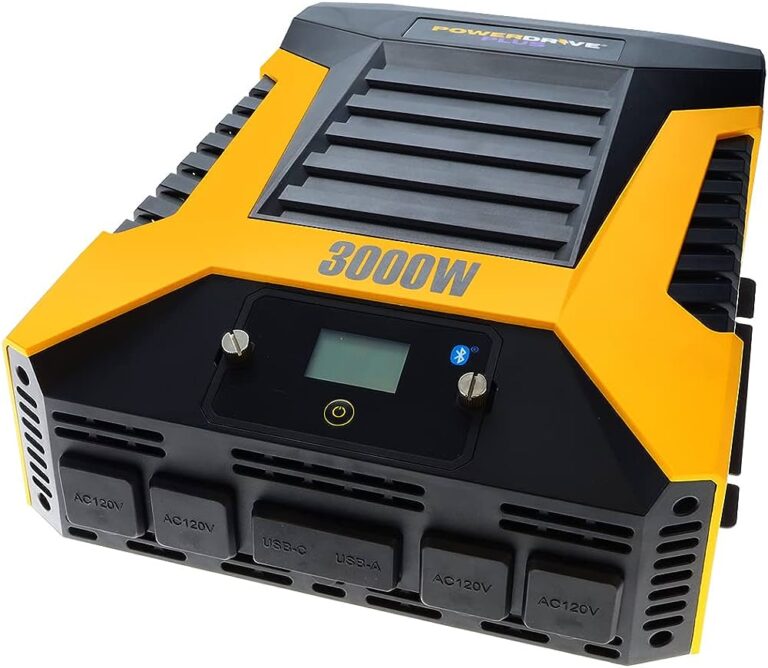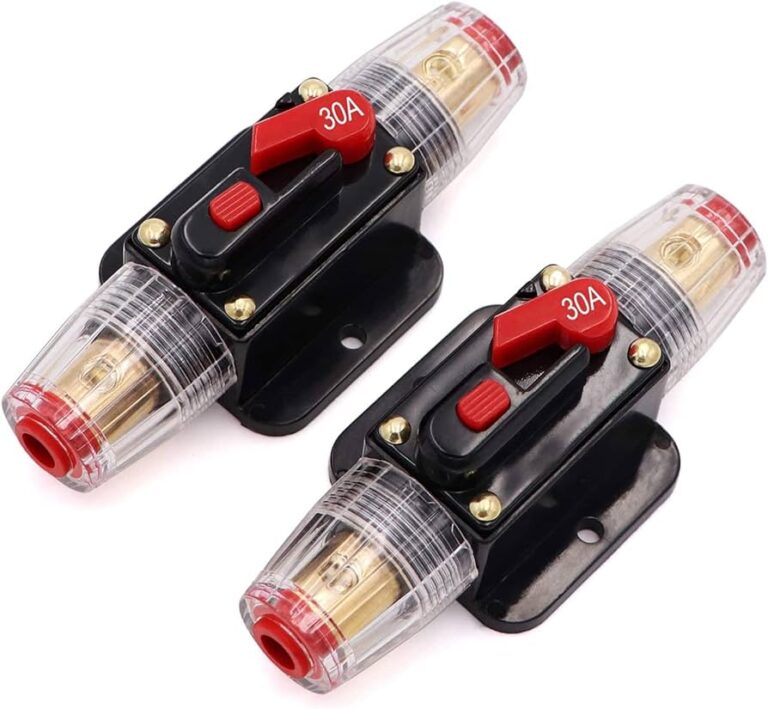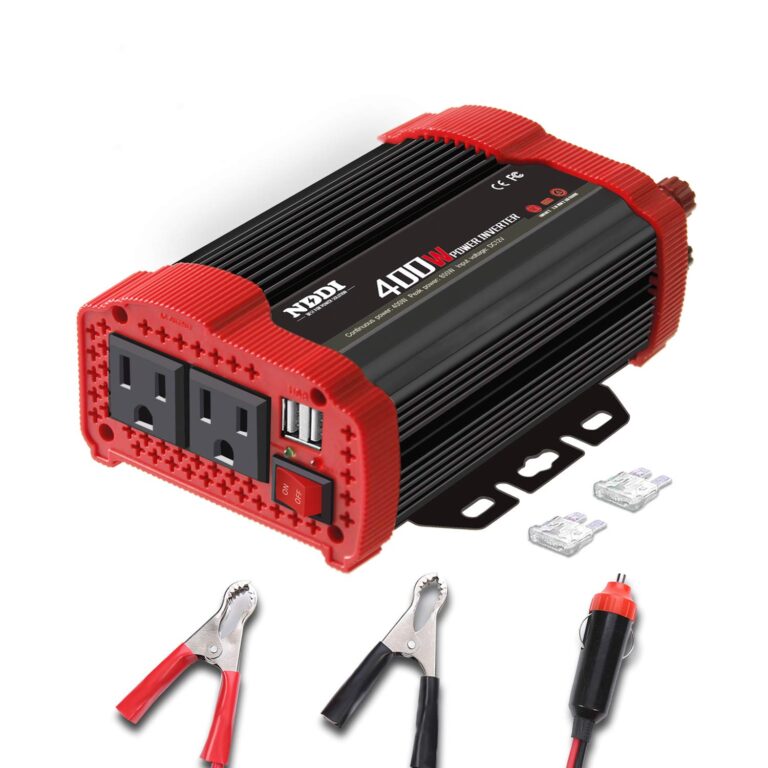Transformer Vs Inverter: Unleashing the Power Showdown!
Inverter welding machines are more efficient and lighter compared to transformer welding machines, while transformer welding machines are more reliable and better suited for harsh conditions. The main difference lies in their efficiency and durability.
Transformer vs Inverter welders: Differences explained.
Understanding Transformers And Inverters
Transformers and inverters have distinct differences. While inverters are more efficient and lighter, transformer welding machines offer greater reliability and durability, making them a better choice for harsh environments. Understanding these variances helps individuals choose the right option for their needs.
What Is A Transformer?
A transformer is an electrical device that is used to transfer electrical energy from one circuit to another without changing the frequency. Here are some key points to understand about transformers:
- Transformers consist of two or more coils of wire, called windings.
- The windings are wound around a magnetic core that helps in transferring the energy.
- Transformers can step up or step down voltage levels based on the number of turns in the windings.
- They operate on the principle of electromagnetic induction.
- Transformers are passive devices that don’t have any moving parts.
- They are widely used in power distribution systems, electronic equipment, and electrical appliances.
How Transformers Work:
To understand how transformers work, here are a few key points:
- Transformers work on the principle of mutual induction, where the changing magnetic field in one coil induces a voltage in the other coil.
- When an alternating current (AC) flows through the primary winding, it creates a changing magnetic field around the core.
- This changing magnetic field induces a voltage in the secondary winding, which can be stepped up or stepped down based on the turns ratio.
- The voltage transformation is achieved by varying the number of turns in the primary and secondary windings.
- Transformers are used to transmit electrical power efficiently over long distances and to match voltage levels in electrical equipment.
Applications Of Transformers:
Transformers have a wide range of applications in various industries. Here are some common applications:
- Power transmission and distribution: Transformers are an essential component of electrical power systems. They step up the voltage generated at power plants for efficient transmission and step it down for distribution to homes and businesses.
- Electronics and appliances: Transformers are used in electronic devices and appliances to step down the voltage for safer and efficient operation.
- Industrial equipment: Transformers are used in industrial machinery, such as motors and generators, for voltage transformation and control.
- Renewable energy systems: Transformers play a crucial role in renewable energy systems, such as solar and wind power, by stepping up the voltage for grid integration.
- Transportation: Transformers are used in electric trains, trams, and electric vehicles to convert energy from the power supply to the required voltage levels.
Limitations Of Transformers:
Although transformers are widely used, they do have some limitations. Here are a few key points to consider:
- Transformers can only work with alternating current (AC) and not with direct current (DC).
- They are not suitable for high-frequency applications due to the losses in the magnetic core.
- Transformers are bulky and heavy, making them less suitable for portable applications.
- They require proper insulation to handle high voltages and protect against electrical hazards.
- Transformers can introduce losses and inefficiencies in the system, especially at high power levels.
Transformers are essential devices in electrical systems that facilitate efficient power transmission, voltage transformation, and electrical equipment operation. They have various applications but also come with certain limitations.
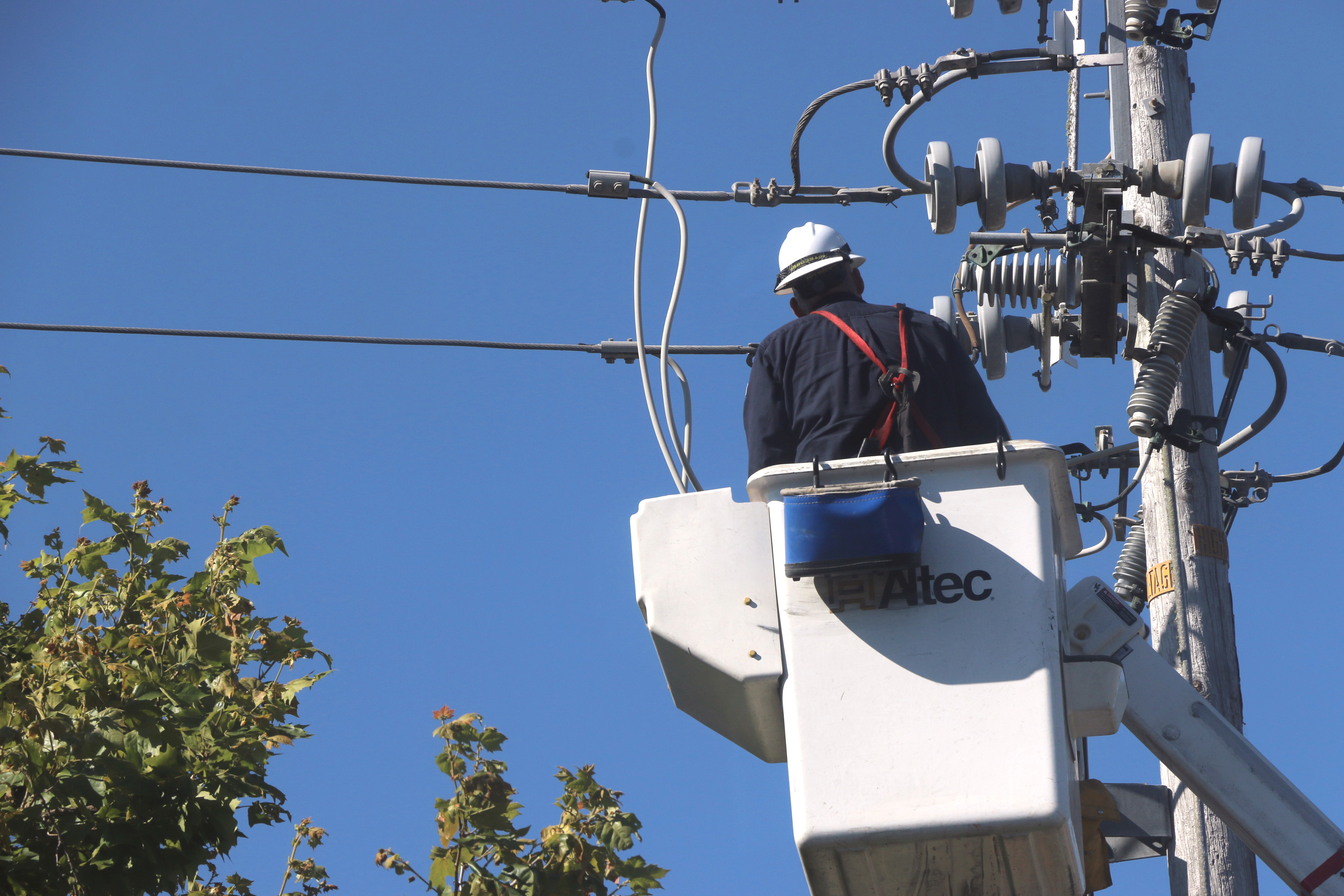
Credit: www.paradisesolarenergy.com
Unveiling The Power Of Inverters
Unveiling the power of inverters, discover the key differences between transformers and inverters. While transformers are reliable and ideal for harsh conditions, inverters are more efficient and lightweight, making them a popular choice in many applications. Explore the advantages of each to find the best fit for your needs.
What Is An Inverter?
- An inverter is an electrical device that converts direct current (DC) into alternating current (AC).
- It is commonly used to power electronic devices that require AC electricity, such as household appliances and electronic gadgets.
- Inverters come in different sizes and power capacities, ranging from small portable ones for camping trips to large industrial-grade inverters.
Working Principle Of Inverters
- Inverters work by using electronic components, such as transistors and capacitors, to convert the DC power from a battery or solar panel into AC power.
- The DC power is first converted into a high-frequency AC signal, which is then transformed into the desired voltage level through a series of switches and transformers.
- The output AC power from an inverter is similar to the power supplied by utility companies, making it suitable for powering a wide range of electrical devices.
Advantages Of Inverters
- Energy efficiency: Inverters are highly efficient in converting DC power into AC power. They waste less energy compared to other types of power conversion devices.
- Portability: Portable inverters are lightweight and compact, making them ideal for outdoor activities and remote locations where access to grid power is limited.
- Power backup: Inverters equipped with batteries can provide backup power during power outages, ensuring that essential appliances and devices continue to function.
- Renewable energy integration: Inverters play a crucial role in connecting renewable energy sources like solar panels or wind turbines to the grid, enabling the utilization of clean and sustainable electricity.
Common Uses Of Inverters
- Residential applications: Inverters are commonly used in homes to power a wide range of appliances, including refrigerators, televisions, and air conditioners.
- Renewable energy systems: Inverters are a crucial component in solar power systems, converting the DC electricity generated by solar panels into usable AC power for homes and businesses.
- Mobile and outdoor power: Inverters are widely used in recreational vehicles, boats, and camping equipment to provide AC power for various devices such as lights, laptops, and electric cookers.
- Industrial applications: Inverters are utilized in various industrial settings for motor control, controlling the speed and torque of electric motors in machinery and equipment.
Inverters are versatile devices that play a crucial role in converting DC power into AC power for a wide range of applications. Whether it’s powering our homes, integrating renewable energy sources, or providing backup power, inverters have become an essential part of our modern lives.
Their energy efficiency, portability, and diverse uses make them invaluable in today’s technology-driven world.
Key Differences Between Transformers And Inverters
Transformer vs Inverter: Inverter welding machines are lighter and more efficient, while transformer welding machines are more reliable and better for harsh conditions.
Power Conversion Processes
- A transformer is an electrical device that transfers electric energy between two or more circuits through electromagnetic induction.
- It converts high-voltage electricity to low-voltage electricity or vice versa.
- Transformers work on the principle of Faraday’s law of electromagnetic induction.
Efficiency Comparison
- Transformers have a high level of efficiency, often around 95% to 98%, making them ideal for large-scale power transmission and distribution.
- Inverters, on the other hand, have varying levels of efficiency depending on the type and quality of the device.
- Inverters typically range from 80% to 95% efficiency.
Size And Weight Considerations
- Transformers are typically heavy, bulky, and require significant space due to their construction and the materials used.
- Inverters, especially modern ones, are designed to be compact, lightweight, and space-saving.
- With advancements in technology, inverters have become much smaller and more portable than their traditional transformer counterparts.
Cost Analysis
- Transformers can be quite expensive due to their specialized construction, size, and materials.
- Inverters, especially those used in solar energy systems or for personal use, are generally more affordable.
- The cost of inverters depends on factors such as power capacity, efficiency, and additional features.
Maintenance Requirements
- Transformers usually require less maintenance since they have no moving parts.
- Regular inspections, oil analysis, and occasional servicing are necessary for maintaining the efficiency and reliability of transformers.
- Inverters may have cooling fans or other components that may require periodic cleaning or maintenance.
- In general, inverters have a lower maintenance requirement compared to transformers.
Transformers and inverters have distinct differences in power conversion processes, efficiency, size, weight, cost, and maintenance requirements. Transformers are known for their high efficiency and are commonly used in power transmission and distribution systems. However, they are bulky and more expensive.
On the other hand, inverters are compact, lightweight, and cost-effective, making them suitable for portable or personal applications. Both options have their advantages and drawbacks, and the choice depends on the specific requirements of the electrical system or application.
Frequently Asked Questions On Transformer Vs Inverter
Is Inverter Better Than Transformer?
Yes, an inverter is generally considered better than a transformer. The main advantage of an inverter is that it is more efficient and lightweight compared to a transformer. Inverter welding machines, for example, are known to be significantly more efficient.
However, it is important to note that transformer welding machines are more reliable in the long run and better suited for harsh operating conditions. Therefore, the choice between an inverter and a transformer depends on the specific needs and preferences of the user.
Is An Inverter Also A Transformer?
No, an inverter is not the same as a transformer. While they both involve the transformation of electrical energy, they operate in different ways. A transformer is a device that changes the voltage level of alternating current (AC) electricity. It consists of two or more coils of wire wrapped around a magnetic core.
It works on the principle of electromagnetic induction to transfer electrical energy from one coil to another at a different voltage level. On the other hand, an inverter is a device that converts direct current (DC) electricity into AC electricity.
It is commonly used to power AC devices from DC sources such as batteries or solar panels. Inverters use electronic circuits to change the frequency and amplitude of the electrical current, allowing for the conversion from DC to AC. In summary, while both transformers and inverters are involved in electrical energy transformation, transformers change voltage levels in AC systems, while inverters convert DC to AC power.
Does An Inverter Need A Transformer?
No, an inverter does not need a transformer. In fact, the main advantage of an inverter welding machine is that it is more efficient and lighter compared to a transformer welding machine. Inverters are better suited for various conditions and provide better performance in terms of energy conversion.
On the other hand, transformer welding machines are known for their reliability over the long run and are more suitable for harsher working environments. So, when it comes to choosing between an inverter and a transformer, it ultimately depends on your specific needs and preferences.
But overall, an inverter can be a better option due to its efficiency and portability.
What Is The Difference Between A Transformer And A Converter?
A transformer and a converter are both electrical devices used for different purposes. The main difference between them is their functionality and design. A transformer is used to convert voltage levels in an electrical circuit. It consists of two or more coils of wire and works on the principle of electromagnetic induction.
Transformers are commonly used to step up or step down voltage levels in power transmission and distribution systems. On the other hand, a converter is used to change the characteristics of an electrical signal, such as frequency, current, or waveform.
It is typically used to convert alternating current (AC) to direct current (DC) or vice versa. Converters are commonly found in electronic devices like power supplies and inverters. In summary, while transformers are primarily used for voltage conversion, converters are used for signal conversion, such as AC to DC or DC to AC.
Conclusion
When comparing transformers and inverters, it is clear that each has its own advantages and disadvantages. Inverter welding machines are known for their efficiency and lightness, making them a popular choice in many industries. On the other hand, transformer welding machines are more reliable over the long term and are better equipped to handle harsh conditions.
It is important to carefully consider your specific needs and preferences when choosing between a transformer and an inverter. Factors such as the type of work you will be doing, the environment in which you will be operating, and your budget should all be taken into account.
Ultimately, both transformers and inverters have their own strengths and weaknesses, and the right choice for you will depend on your unique circumstances. It is recommended to consult with a professional or experienced welder to determine the best option for your specific welding needs.

